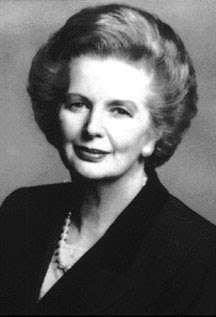Sarojini Naidu was born in Hyderabad, India as the eldest daughter of scientist-philosopher, Aghornath Chattopadhyaya, and Varada Sundari Devi, a poetess. Her father was the finder of the Nizam College. She learnt to speak Urdu, Telugu, English, Persian and Bengali. Her favorite poet was P.B. Shelley.
She attained national fame for entering Madras University at the age of twelve. At sixteen, she travelled to England to study first at King's College London and subsequently at Girton College, Cambridge.
At the age of 17, she met Dr. Muthyala Govindarajulu Naidu and fell in love with him.
Freedom Struggle
She joined the Indian independence movement, in the wake of the aftermath of partition of Bengal in 1905. During 1903-17 Sarojini came into contact with Gopal Krishna Gokhale, Rabindranath Tagore, Muhammad Ali Jinnah, Annie Besant, C. P. Ramaswami Iyer, Mohandas Gandhi and Jawaharlal Nehru.
From 1915 to 1918 she lectured all over
In 1925, Sarojini Naidu presided over the annual session of Indian National Congress at
After
Poetry, writings and quotes
In 1905, the first volume of her collection of poems was published as The Golden Threshold. Two more volumes were published: The Bird of Time (1912) and The Broken Wing in (1917).
Sarojini Naidu is also well acclaimed for her contribution to poetry. Her poetry had beautiful words that could also be sung. Her collection of poems was published in 1905 under the title “Golden Threshold”. She published two other collections called “The Bird of Time”, and “The Broken Wings”. Later, “The Magic Tree”, “The Wizard Mask”, and “A Treasury of Poems” were published.
Naidu writes:
Shall hope prevail where clamorous hate is rife,
Shall sweet love prosper or high dreams have place
Amid the tumult of reverberant strife
'Twixt ancient creeds, 'twixt race and ancient race,
That mars the grave, glad purposes of life,
Leaving no refuge save thy succoring face ?
Naidu said, "When there is oppression, the only self-respecting thing is to rise and say this shall cease today, because my right is justice."Naidu adds, "If you are stronger, you have to help the weaker boy or girl both in play and in the work."
In 1916, Naidu published the first biography of Muhammad Ali Jinnah, The Ambassador of Hindu-Muslim Unity.



